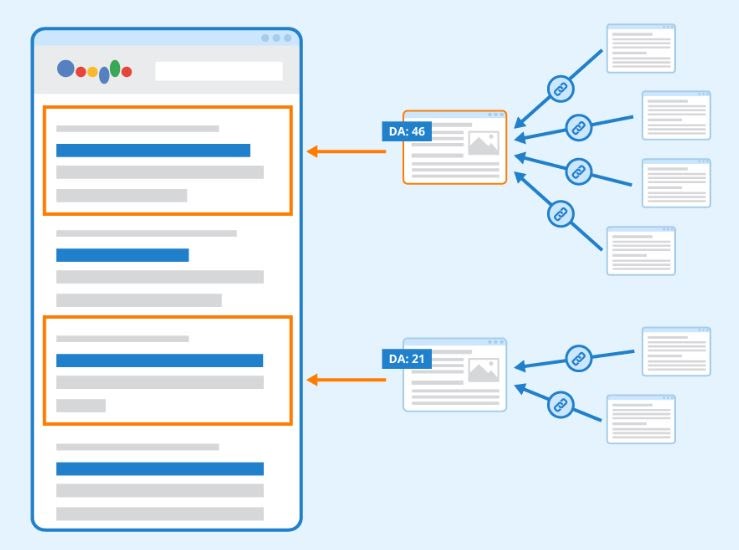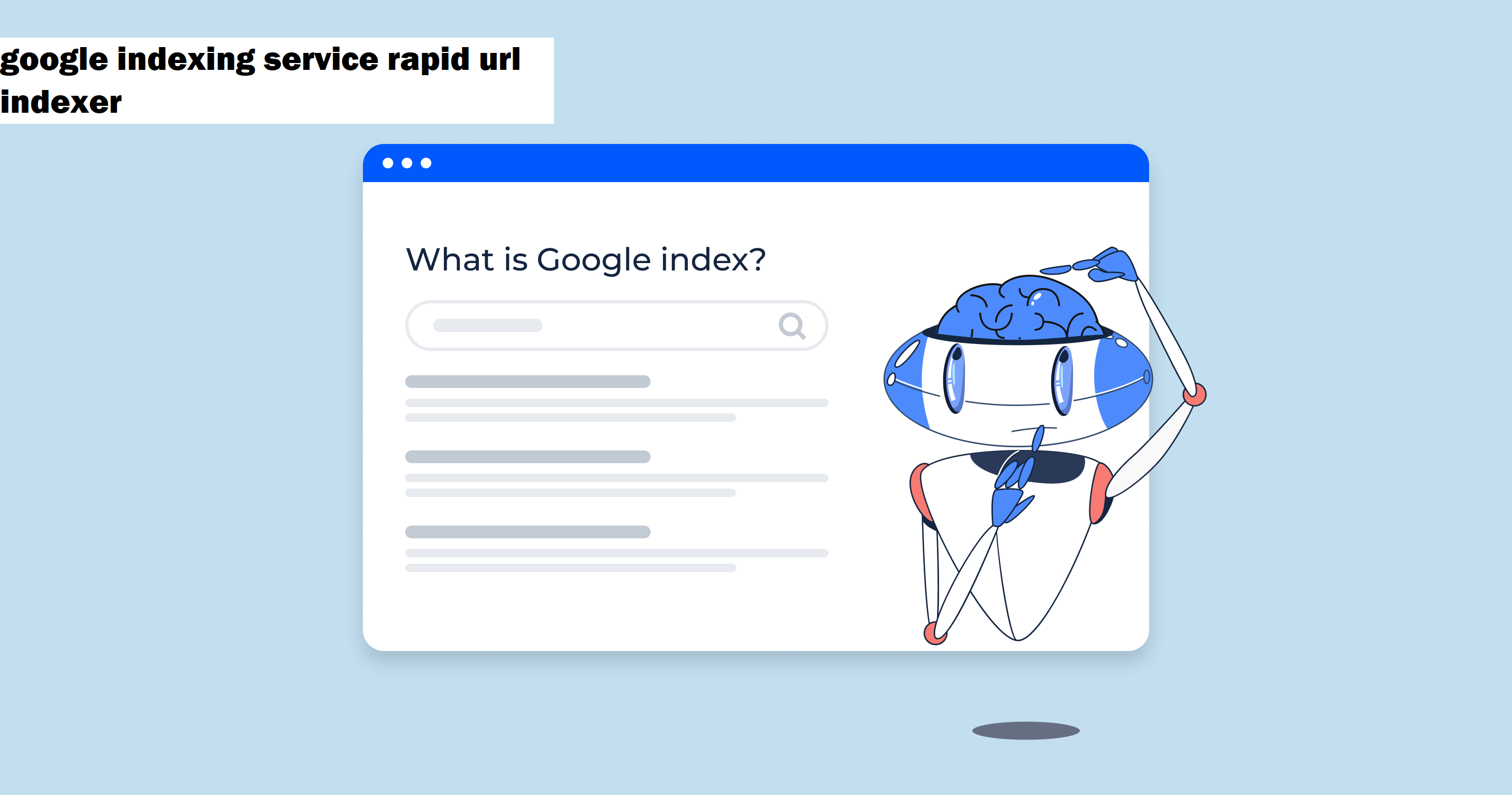In the ever-expanding world of the internet, the importance of getting your website or content indexed by Google cannot be overstated. Google Search, the most widely used search engine, utilizes an indexing process to crawl websites, store relevant information, and display it in search results. Without indexing, your site’s content will not appear in Google’s search results, significantly impacting your site's visibility. This is where services like Google's Indexing API and third-party tools such as Google Indexing Service Rapid URL Indexer come into play, providing webmasters and SEOs with more control over the indexing process.
What is Google Indexing?
Before diving into rapid URL indexers, it’s crucial to understand what indexing is. Google uses web crawlers (also known as Googlebots) to scan websites. During this process, these bots analyze the structure, content, and metadata of web pages. This data is stored in a vast index, which is used to generate search results when users make a query. For many websites, this process happens naturally over time as the Googlebot crawls the web. However, depending on various factors (site authority, content freshness, etc.), this natural process can take days or even weeks, which is problematic for time-sensitive content or newly launched pages.The Need for Faster Indexing
Given how competitive online visibility can be, webmasters, SEOs, and content creators often want their pages indexed as quickly as possible. For news, blog posts, product launches, or any time-sensitive material, a delayed indexing can lead to missed opportunities, reduced organic traffic, and lower search engine rankings. This is where faster indexing options, including Google’s Indexing API and Rapid URL Indexer tools, come into play.Google Indexing API
Google’s Indexing API was originally introduced for job-posting and live-streaming content to help those types of pages appear quickly in search results. However, the API can also be utilized to request and speed up indexing for a broader set of content. By using the API, webmasters can:- Notify Google directly when a page is added, updated, or removed.
- Request indexing of URLs proactively.
- Speed up the discovery of fresh content.
What is a Rapid URL Indexer?
While Google's Indexing API offers faster indexing for certain types of content, the process may not be suitable or available for all kinds of pages. This is where third-party tools like Rapid URL Indexer come into the picture. A Rapid URL Indexer is a tool or service that helps webmasters get their URLs indexed by Google faster than they normally would through standard crawling. These services typically:- Submit URLs to Google Search Console in bulk.
- Use various techniques, such as creating backlinks or engaging other methods to stimulate crawling.
- Automate the process of submitting new pages and requesting indexing.
How Does a Rapid URL Indexer Work?
Rapid URL indexers usually work in the following steps:- Bulk Submission: The user provides a list of URLs they wish to index.
- API or Console Integration: The tool integrates with Google Search Console or uses other third-party methods to submit these URLs.
- Triggering Crawlers: By creating backlinks, social signals, or notifying Google of new content, the tool accelerates the crawling and indexing of the URLs.
- Automation: Some indexers automatically resubmit URLs that haven’t been indexed within a specific time frame.
Advantages of Using a Rapid URL Indexer
- Speed: One of the most obvious benefits is speed. Instead of waiting for days or weeks for Google to crawl and index a new page, you can have it done in hours or even minutes.
- Increased Visibility: The sooner your content is indexed, the sooner it can appear in search results, leading to quicker traffic generation.
- SEO Benefits: When pages are indexed rapidly, they can start ranking in search engines much sooner, allowing you to compete for key terms right away.
Risks and Considerations
While rapid indexing can offer significant advantages, there are a few considerations to keep in mind:- Google's Guidelines: Overusing any indexing service, whether it be Google's Indexing API or a third-party rapid indexer, can potentially violate Google's guidelines. If Google detects suspicious or spammy activity, it could penalize your site.
- Indexing ≠ Ranking: Just because a page is indexed does not mean it will automatically rank well. Quality content, relevant keywords, backlinks, and other SEO factors are still critical for achieving top search rankings.
- Content Quality: Ensure that the pages you want to index offer value to users. Google prefers high-quality, informative, and original content, and indexing thin or low-value pages can hurt your site’s SEO performance.
Popular Rapid URL Indexer Tools
Several tools and services have emerged over the years that promise faster indexing. Some popular ones include:- One Hour Indexing: As the name suggests, this service promises to get your URLs indexed within an hour.
- Indexer Ninja: Another popular tool that uses automated strategies to boost URL indexing.
- Speed Links: Known for submitting thousands of URLs to Google for fast indexing.


